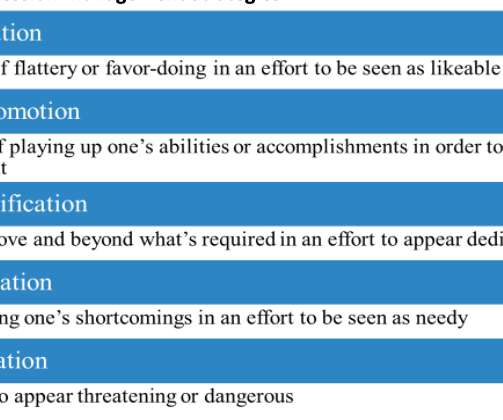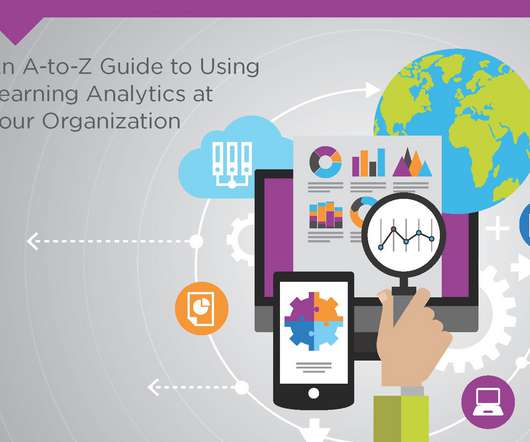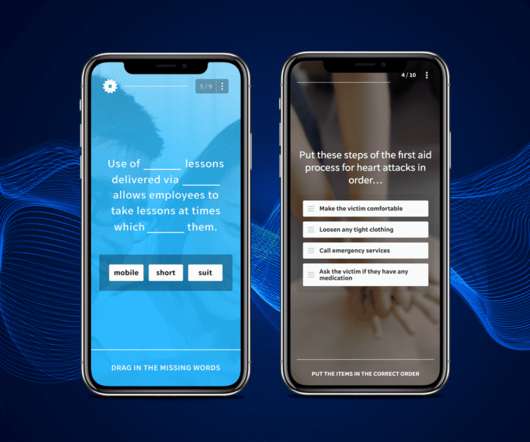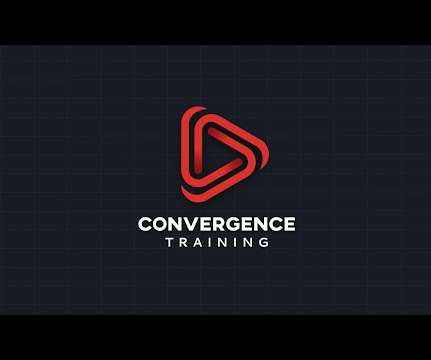Disruptive Innovation and Organizational Learning
The Performance Improvement Blog
JUNE 26, 2014
Which is why disruptiveness—a quality once associated with children who couldn’t control themselves in school—has become the measuring stick of promising business ideas. She writes in The New Yorker : Disruptive innovation is a theory about why businesses fail.







































Let's personalize your content